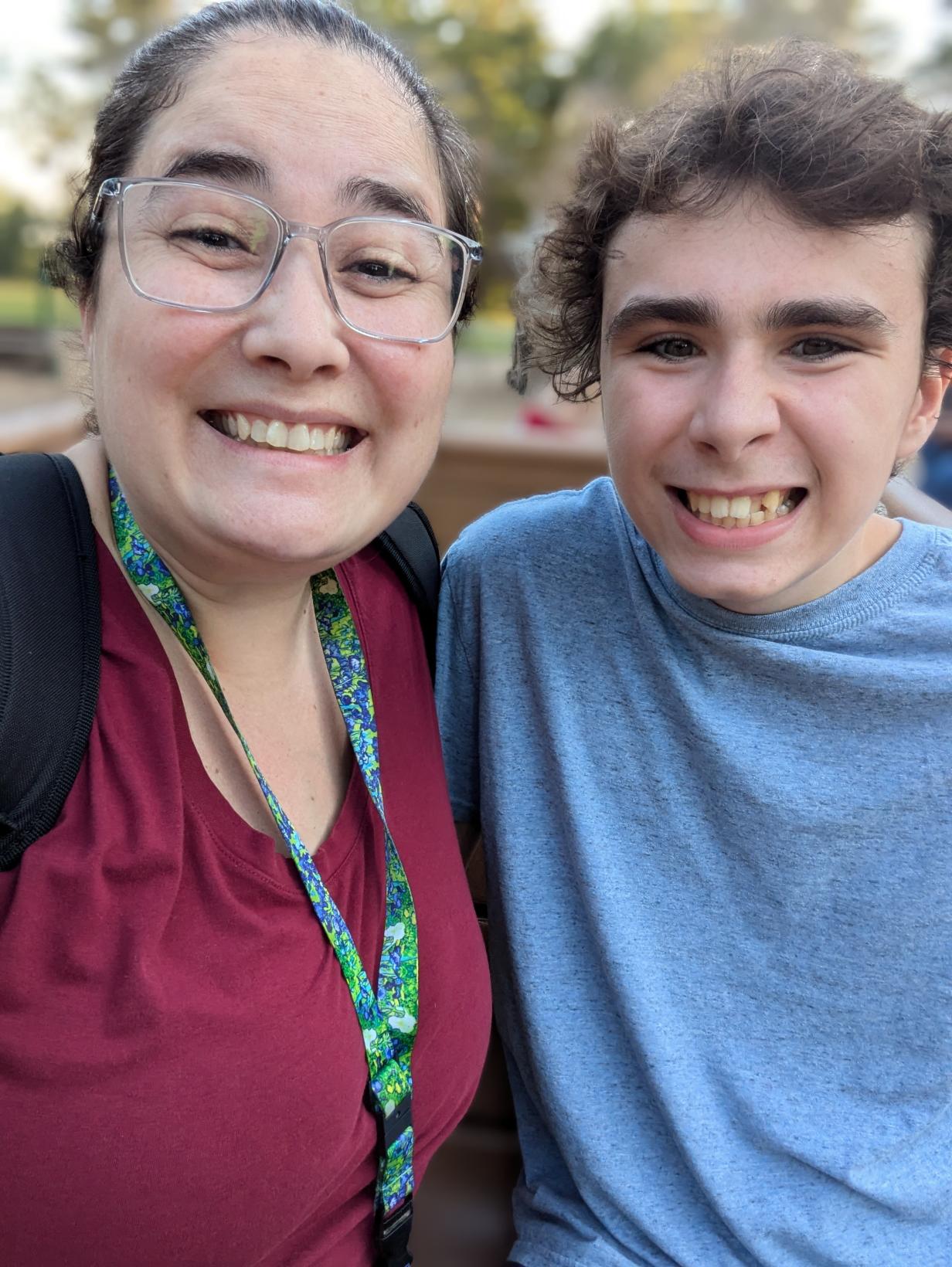At Shrub Oak International School, our staff are dedicated to forming strong, meaningful bonds with our students. Through personalized approaches and consistent, compassionate interactions, we ensure that each student feels understood and supported. Our team goes above and beyond to create a nurturing environment where students can thrive, building trust and fostering positive relationships that are essential for their development and well-being. Here are some suggestions to help you make friends with an autistic individual:
- Spend Quality Time Together: Engage in activities that the person enjoys and share those moments together. If an autistic individual enjoys playing with dolls, engage in this playtime together.
- Practice Active Listening: Show genuine interest in what the person is saying and respond thoughtfully. If an autistic individual wants to discuss a certain topic of interest, actively participate in the discussion.
- Use Clear and Consistent Communication: Speak in a way that is straightforward and easy to understand. If an autistic individual uses an Augmentative and Alternative Communication (AAC) device, learn how to communicate using these mediums.
- Respect Their Interests: Encourage and participate in their hobbies and special interests. Even if an autistic individual is interested in something that doesn’t interest you, it is incredibly meaningful for that individual if you still express interest.
- Be Patient and Considerate: Allow them time to express themselves and respect their need for personal space. If an autistic individual has a processing delay, allow that person enough time to effectively gather and communicate his/her/their thoughts. Do not rush the individual.
- Create a Safe Environment: Ensure that the surroundings are comfortable and free from overwhelming stimuli. Cater the environment to the autistic individual’s needs to ensure safety and comfort.
- Celebrate Their Achievements: Recognize and applaud their successes. We all feel good when we are celebrated, and autistic individuals are no different.
- Learn Their Communication Style: Adapt to their preferred way of communicating, whether verbal or non-verbal. Consider learning basic American Sign Language (ASL) to be able to communicate with nonverbal individuals.
- Offer Predictability and Routine: Provide a structured environment with clear expectations. Autistic individuals thrive on routine, providing this for them is incredibly beneficial.
- Show Empathy and Compassion: Demonstrate understanding and support for their feelings and experiences. We should all show each other empathy and compassion.








